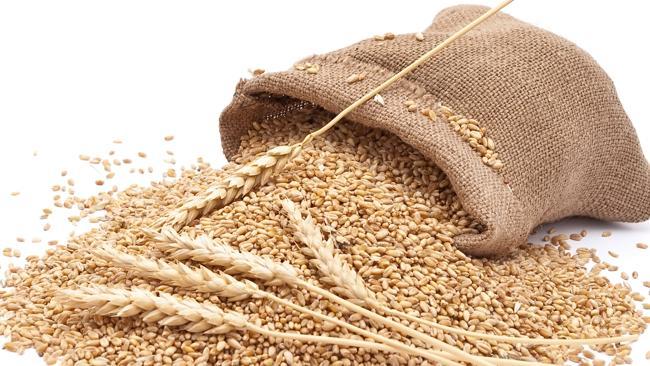The government is poised to take a significant step towards deregulating the wheat market, aligning with structural reforms mandated by the International Monetary Fund (IMF). To formulate a comprehensive strategy, the Ministry of National Food Security and Research (MNFS&R) will host a National Workshop on Deregulating the Wheat Sector on Friday, January 24, 2025, in Islamabad.
This initiative underscores the government’s commitment to transitioning towards a transparent and efficient wheat market while safeguarding national food security through strategic reserves. Representatives from all provinces, including food secretaries and industry experts, will deliberate on key challenges and propose solutions for modernizing wheat procurement practices.
The workshop will serve as a platform for stakeholders to address regulatory challenges, explore innovative approaches, and ensure that the deregulation process balances market efficiency with food security. To encourage broad participation, the ministry has arranged accommodations and travel for outstation attendees.
Prime Minister Shehbaz Sharif had earlier tasked a high-level committee, led by Finance Minister Muhammad Aurangzeb, with devising a wheat procurement plan for the Food Year 2024-25 in line with IMF recommendations. The committee also includes the Ministers for National Food Security and Research, Commerce, and the Advisor to the Prime Minister on Political Affairs and Inter-Provincial Coordination. Their mandate includes reviewing wheat pricing, procurement mechanisms, and ensuring price stability.
The Economic Coordination Committee (ECC) of the Cabinet had previously directed the MNFS&R to prepare a strategy for the government’s phased withdrawal from wheat procurement and distribution. As part of this transition, PASSCO (Pakistan Agricultural Storage & Services Corporation) reported that its carryover wheat stock as of April 2024 stood at 7.266 million metric tons (MMT), including 1.785 MMT procured domestically during the year.
However, concerns over the quality and usability of older imported stocks have prompted adjustments in wheat release ratios. While a 50:50 release ratio for domestic and imported wheat had been approved, specific regions such as Gilgit-Baltistan and Azad Jammu & Kashmir have advocated for a complete shift to domestic wheat, citing quality and taste preferences. The upcoming workshop is likely to address these regional demands alongside broader deregulation challenges.
The deregulation of Pakistan’s wheat market comes at a time when the country faces immense pressure to meet IMF loan conditions and stabilize its economic outlook. The government aims to introduce reforms that not only modernize the wheat sector but also ensure long-term food security for the population.
This workshop represents a crucial step in fostering collaboration between federal and provincial stakeholders, paving the way for a sustainable and deregulated wheat market.




